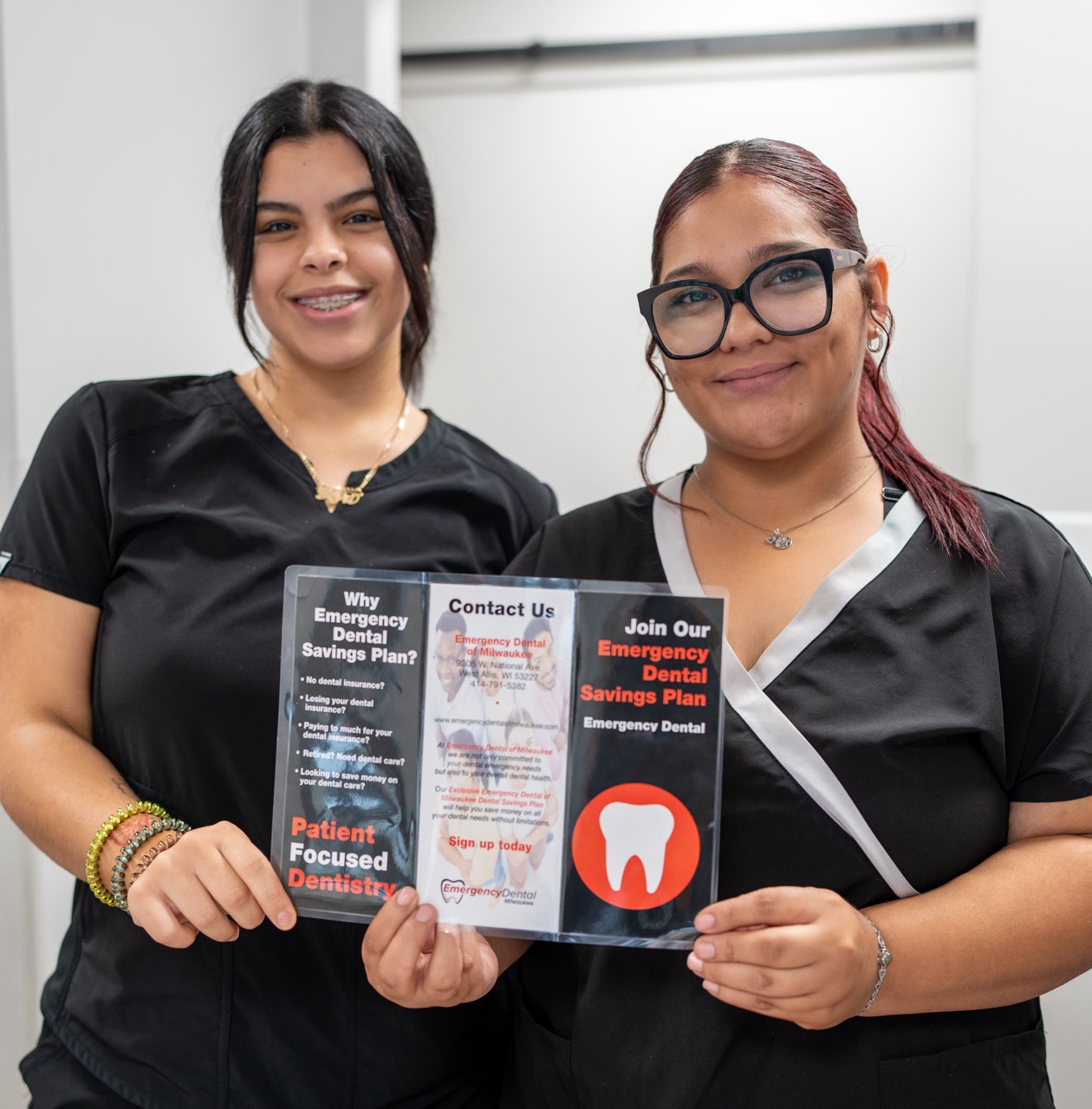Root Canals in Colorado Springs: What You Need to Know
Your dental health is essential for your overall well-being, and sometimes, a tooth may require extra attention to avoid more severe problems. If you’re dealing with persistent pain or discomfort, a root canal might be the solution to save your tooth and preserve your smile. Root canal therapy is one of the most common and effective treatments in Colorado Springs for restoring a tooth and preventing extraction. In this blog, we’ll explain what a root canal is, when it’s needed, how to reduce the need for one and answer some frequently asked questions.
What Is a Root Canal?
A root canal is a procedure used to treat an infected or severely damaged tooth. The tooth’s pulp, which contains sensitive nerves and blood vessels, can become infected due to deep cavities, cracks, or trauma. If left untreated, the infection can cause significant pain and lead to more serious issues.
During a root canal, your dentist removes the infected pulp, thoroughly cleans the area, and seals the tooth to prevent further infection. Though the idea of a root canal may sound intimidating, it’s a routine treatment and often the best option to save a tooth, preventing the need for extraction.
Why Might You Need a Root Canal?
Several factors can lead to the need for a root canal, including:
- Tooth Decay: One of the most common causes is untreated tooth decay, which can extend deep into the tooth, reaching the pulp and causing infection. This infection can result in pain, swelling, and eventually tooth loss.
- Abscess or Infection: When the pulp becomes infected, an abscess (a pocket of pus) can form at the tooth’s root, causing intense pain and swelling in the gums or face. A root canal removes the infected pulp and prevents the infection from spreading.
- Trauma or Injury: A tooth injury, such as a crack or fracture, can expose the pulp, allowing bacteria to enter and cause infection. If not treated promptly, this can lead to the need for a root canal.
Signs You Might Need a Root Canal
If you’re experiencing any of the following symptoms, it might be time to consult with your dentist at Emergency Dental of Colorado Springs:
- Persistent Tooth Pain: If you feel pain when chewing, biting, or even just touching the tooth, it could be a sign that the pulp is infected.
- Swelling or Tender Gums: Swelling or tenderness near the affected tooth can indicate an abscess or infection in the root.
- Tooth Discoloration: A tooth that becomes darker or discolored might indicate that the pulp is damaged or has already died.
- Pain When Pressure is Applied: If the tooth hurts when pressure is applied, it could signal the need for a root canal to address the underlying infection.
Preventing the Need for Root Canals in Colorado Springs
While some root canal situations are unavoidable, there are steps you can take to reduce the likelihood of needing one:
- Regular Dental Checkups: Routine dental exams help detect early issues like cavities or infections before they worsen. At Emergency Dental of Colorado Springs, we focus on early detection to prevent more invasive procedures down the road.
- Good Oral Hygiene: Brushing your teeth twice daily, flossing, and using mouthwash can help prevent plaque buildup, which contributes to decay and gum disease.
- Healthy Eating: A balanced diet, low in sugary foods and drinks, can help prevent cavities and protect your teeth from damage.
- Protective Measures: If you play sports or grind your teeth at night, wearing a mouthguard can help protect your teeth from injury and damage.
FAQs: Root Canals in Colorado Springs
Q: Does a root canal hurt?
A: Root canal procedures are generally less painful than many people expect. With the help of local anesthesia, you won’t feel pain during the procedure. Mild discomfort or soreness may occur afterward, but it can be managed with over-the-counter pain relievers.
Q: How long does the root canal procedure take?
A: A root canal usually takes about one to two hours, depending on the complexity of the infection and the number of roots involved. You may need a follow-up appointment to place a crown if necessary.
Q: What happens after a root canal?
A: After the procedure, you may experience mild discomfort, which should fade in a few days. Your dentist will give you specific aftercare instructions and schedule a follow-up appointment to place a permanent crown.
Conclusion: Root Canals in Colorado Springs
Root canals in Colorado Springs are an effective way to save a tooth that’s been damaged or infected, preventing further complications like tooth loss. If you’re experiencing pain or think you may need a root canal, don’t hesitate to schedule an appointment at Emergency Dental of Colorado Springs. Our team is here to help you restore your smile and alleviate any discomfort you may be experiencing.
Stay up-to-date with the latest in dental health and wellness by connecting with us on social media! Follow us on Instagram and Facebook for regular updates, tips, and insights to keep your smile bright and healthy. Join our community today and be a part of our journey towards better oral health.

